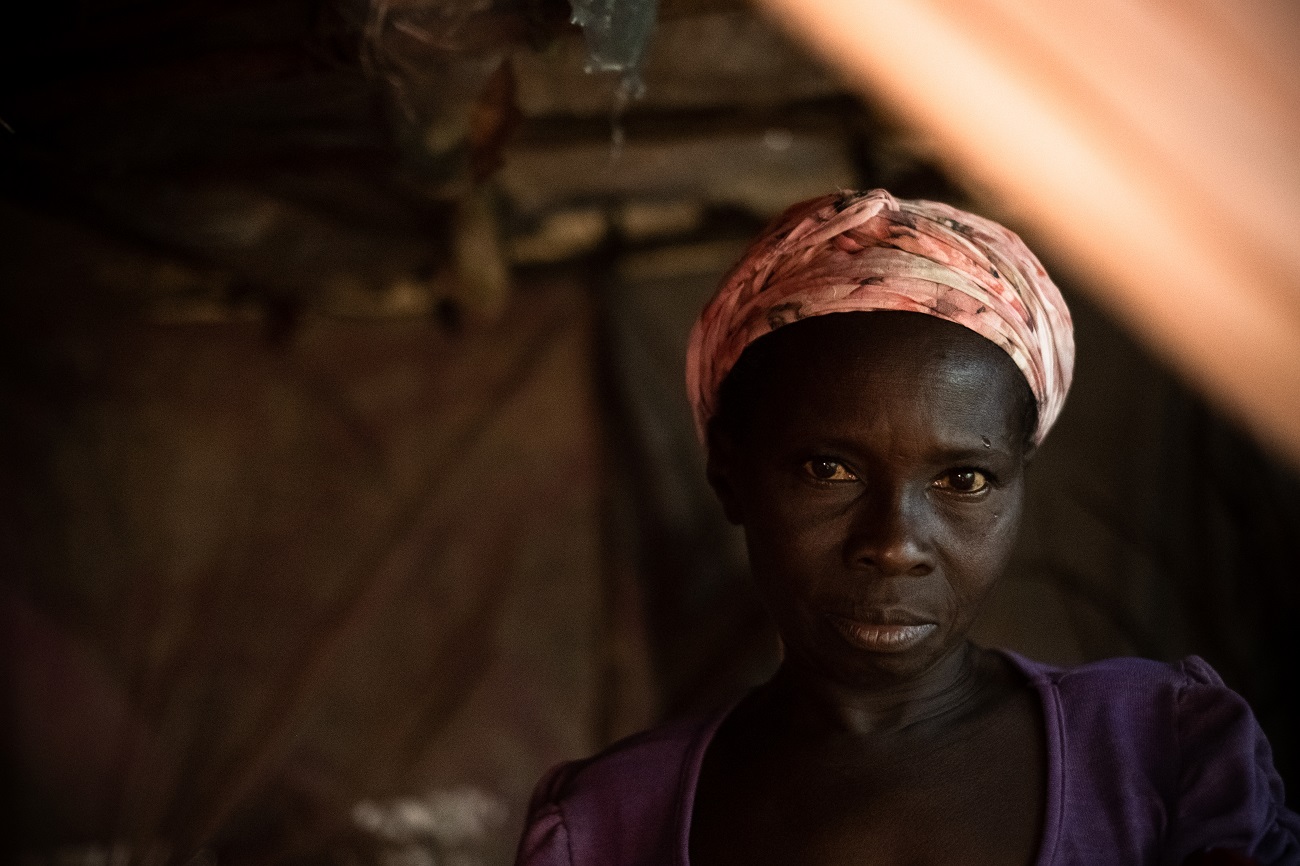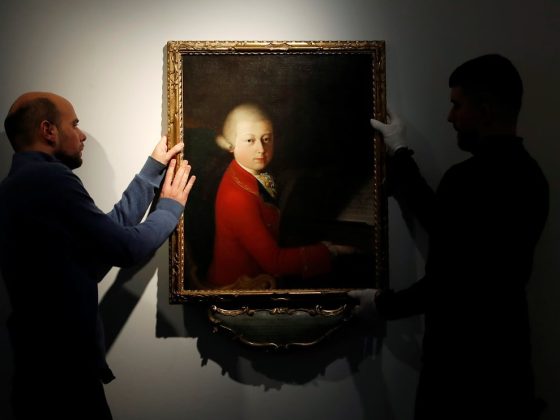Nearly three months ago, on August 14, a 7.2 magnitude earthquake struck Haiti.
According to UN official data, more than 2,200 people died from the earthquake itself, more than 12,000 were injured, while 65 health facilities were damaged or destroyed. Two days later, tropical storm Grace unleashed torrential rains on the devastated island.
When Grace left, Haiti, the poorest country in Latin and Central America, and one of the poorest in the world, was left to fend for itself. The world quickly moved on to talk about more “important” crises to the West, such as forest fires and flash floods, from which hardly anyone died and the damages are mainly to property.
“These disasters are a wake-up call. They are here precisely in order to awaken empathy in us, and we don’t hear the call. The more we ignore our fellow human beings, who are suffering from natural, and even worse, from manmade catastrophes, the more severe these events will become, until we learn.”
Haiti, on the other hand, is still reeling and grieving. It has no means to recover. It is left there as a testimony to humanity’s apathy.
The problem is that we are not raised to care. We look at other people and see that they have a different skin color, different customs, a different mentality, and we cannot sympathize with them because of it. It shouldn’t be this way, but this is how we are brought up.
As a result, news channels may report disasters that occur outside of Europe or the US, but covering relief efforts, harnessing the world’s sympathy, telling the stories of the victims the way it’s done after every hurricane or forest fire, these are far beyond the interest of the West. There is simply no interest in the lives of people from a different culture.
These disasters are a wake-up call. They are here precisely in order to awaken empathy in us, and we don’t hear the call. The more we ignore our fellow human beings, who are suffering from natural, and even worse, from manmade catastrophes, the more severe these events will become, until we learn.
Whether we feel it or not, whether we want to or not, humanity is one organism. We are all connected. When we are indifferent, careless, or even cruel toward one part of humanity, all of humanity suffers, including the powerful who are careless. In today’s world, there is no getting away from interconnectedness.
Our apathy reminds me of an allegory I once read. The Jerusalem Talmud (Nedarim, 9:4) describes people’s ignorance of their interconnectedness with a clever allegory: “[Suppose] one is cutting meat, and the knife descends into his hand; would he consider avenging his hand and cutting his other hand for cutting the first? So is this matter … the rule is that one does not take revenge against one’s neighbor, for it is as though he is taking revenge against his own body.”
Eventually, we will have to become considerate and caring toward each other. We are dependent on each other and there is nothing we can do about it.
Just as the pandemic has taught us that infection anywhere is infection everywhere, so it is with all our sorrows and joys. The faster we become aware of it and conduct ourselves accordingly, the sooner we will turn humanity’s negative trajectory around. The more we stall, the worse will be nature’s “persuasion efforts” until we understand.











